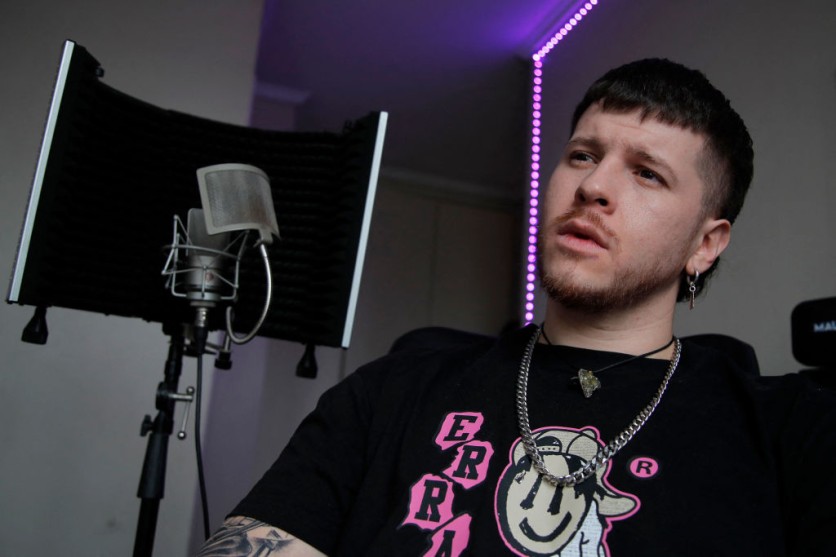Suno, an artificial intelligence model for music, has reportedly announced a successful funding round that saw the music firm securing $125 million.
With Suno, users may reportedly compose entire songs using straightforward text instructions. For lyric and title generation, the company uses OpenAI's ChatGPT, even though the majority of its technology is proprietary.
Those who sign up for the free plan are limited to 10 songs each month; those who sign up for the Pro or Premier plans, which cost $8 and $24, respectively, are allowed to make up to 500 and 2,000 songs per month, respectively, and are granted general commercial terms.

According to Suno's statement, Lightspeed Venture Partners, Matrix, Founder Collective, Nat Friedman, and Daniel Gross are among the investors in the investment round.
According to the company, Suno has several consultants, including musicians Flosstradamus and 3lau. The business will reportedly use the money to expand its staff of technologists, musicians, and music makers and expedite product development.
The investment is being made at a time when AI in the music industry is seeing unprecedented development, which has stakeholders concerned.
Record labels and industry supporters have demanded more legislation to guarantee that AI models don't inappropriately use recordings and likenesses of artists without permission.
In a recent Rolling Stone story on the business, Suno refused to provide details on the content the company is utilizing to train its model.
Read Also : Billie Eilish, Katy Perry, and More Than 200 Artists Write to AI Developers for Protection
Sony's Warning on AI
AI music generators continue to be a problematic topic for musicians and recording companies. Just recently, Sony Music Group forewarned around 700 digital firms and streaming services not to use their music to train AI systems.
Sony Music voiced worries that receivers might have participated in these activities without the second-biggest record label's consent.
Sony Music acknowledged AI's "significant potential." However, the company and its artists are deprived of control and just compensation when their content is used without permission for AI development, training, or marketing.
In their letter, Sony Music stressed the value of protecting its lyrics, cover art, metadata, and audio and video assets. The identities of the companies that were contacted are not disclosed in the letter.
Sony Music stated that it backs musicians and songwriters who are pioneers in using new technologies in their work.
The business agreed that technology may transform the creative industries, and AI will continue this trend. Nevertheless, the record company made it clear that any innovation had to respect songwriters' and musicians' copyrights.
The letter also asks recipients to provide details regarding how Sony Music songs are used in AI training, how many copies are made, and if any are still in use.
AI Music Legislations
Copyright concerns are emerging with the rise of generative AI, which is why California Democratic Representative Adam Schiff filed legislation in April mandating AI companies to disclose their copyrighted music.
Tennessee became the pioneer state to protect artists from AI in March with the Ensuring Likeness Voice and Image Security (ELVIS) Act.
Related Article : More Than 70% of Musicians Worried About the Impact of AI on Music Industry, New Study Finds





